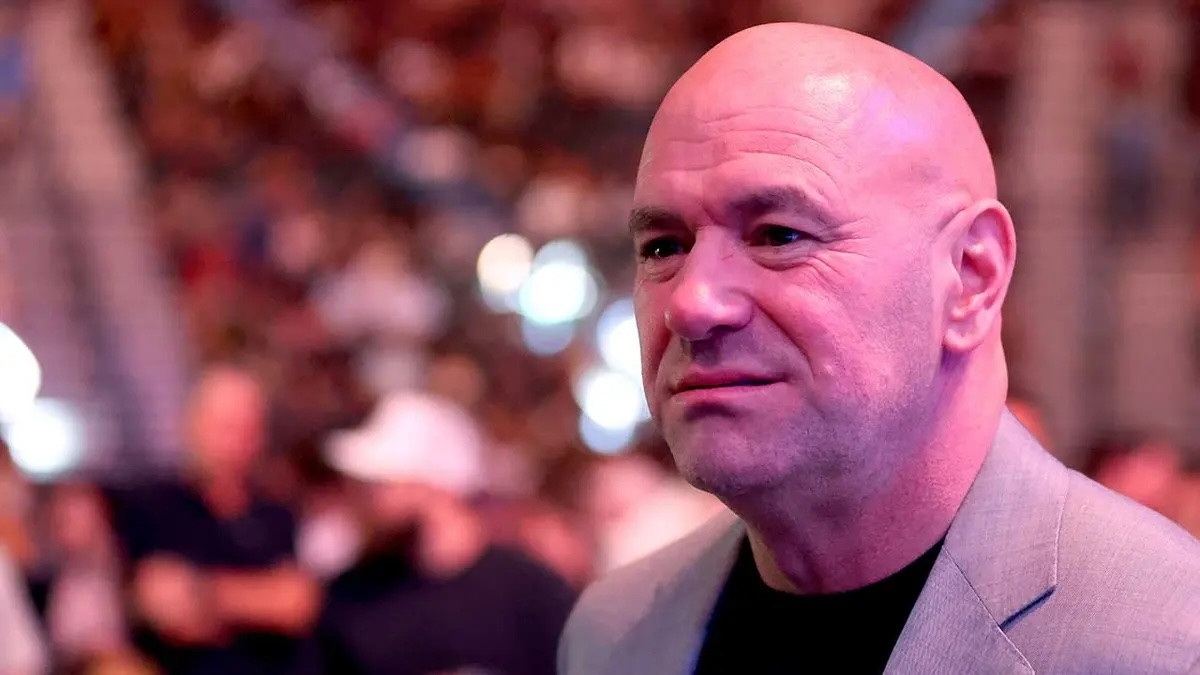Supporters of a newly drafted bill to revise the 1996 Professional Boxing Safety Act, popularly known as the Muhammad Ali Act, tout its health-and-safety upgrades: a floor purse of $150 per round, mandatory $25,000 injury coverage, pre-fight MRIs and EKGs, pregnancy screening, and improved drug testing. Yet small-club promoters, fighters’ advocates, and some regulators say the fine print would do something far more consequential: allow TKO, the UFC-linked upstart planning to launch boxing events in 2026, to create and control its own championship belts and rankings.
Under the existing Ali Act, a single entity cannot both rank fighters and control the titles for which they compete. The new bill carves out an exemption. In practical terms, TKO could crown its own champions, rank the boxers it signs, and set a purse ladder that rises only within the company’s ecosystem.
Draft contracts reviewed earlier this year show TKO offering unranked fighters $20,000 for a ten-rounder, escalating to $375,000 for a title challenge and $750,000 for a defence, being tethered entirely to positions in “the company” rankings. Former WBA 154-lb champion Austin Trout, who has battled sanctioning-body politics in court, calls the model “a monopoly,” warning that if one outfit controls belts, ratings, and pay scales, “fighters just have to take what they get and be happy.”
Promoters on the small-hall circuit fear the mandated medical costs and minimum purses, though lower than most state norms, would sink the margins of grassroots shows, making it harder for them to develop prospects and easier for TKO to sign talent. One promoter, requesting anonymity, said the health provisions are laudable but that “the fixed schedule could lock fighters into contracts we can’t match.”
TKO officials met recently with Association of Boxing Commissions president Mike Mazzulli before Representative Brian Jack (R-Ga.) introduced the bill. A source involved in those discussions told BoxingScene, “This was going to pass one way or another.” With UFC chief executive Dana White - a close ally of President Donald Trump - set to helm TKO’s boxing arm after promoting the Saul “Canelo” Alvarez-Terence Crawford mega-card on September 13, opponents fear political momentum will overwhelm dissent.
Critics also note that promoter influence over sanctioning bodies is hardly new: they point to Top Rank’s relationship with the WBO and Premier Boxing Champions’ sway with the WBA. But Trout argues the remedy should be stricter Ali-Act enforcement, not loosening. “If no one’s going to uphold the rules, what is the point of the rules?” he asks, accusing sanctioning bodies of steering the ABC. Mazzulli steps down in August, leaving the commission’s next chair to navigate the rift between lofty safety promises and fears of a single-promoter stranglehold on the sport.
Image Credit: Fox Sports
